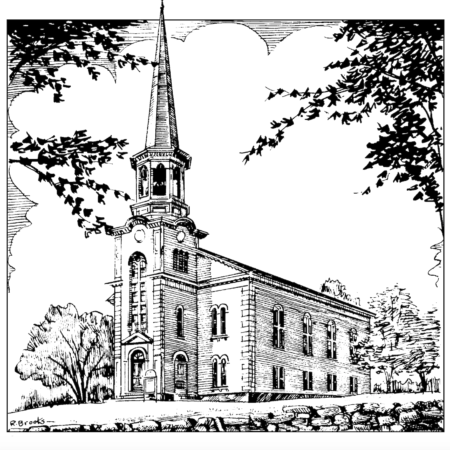What Should We Do?
Acts 2:14a, 36-41
14But Peter, standing with the eleven, raised his voice and addressed them, “Men of Judea and all who live in Jerusalem, let this be known to you, and listen to what I say.
36Therefore let the entire house of Israel know with certainty that God has made him both Lord and Messiah, this Jesus whom you crucified.” 37Now when they heard this, they were cut to the heart and said to Peter and to the other apostles, “Brothers, what should we do?” 38Peter said to them, “Repent, and be baptized every one of you in the name of Jesus Christ so that your sins may be forgiven; and you will receive the gift of the Holy Spirit. 39For the promise is for you, for your children, and for all who are far away, everyone whom the Lord our God calls to him.” 40And he testified with many other arguments and exhorted them, saying, “Save yourselves from this corrupt generation.” 41So those who welcomed his message were baptized, and that day about three thousand persons were added.
Historical Context
The sermons in Acts are not autonomous, “sage-on-the-stage,” rhetorical performances. They record lived encounters between preachers and communities grappling with the presence of a risen Lord. As such, sermons in Acts are regularly interrupted by the unexpected. Acts 10, for example, describes Peter’s sermon as being interrupted by the Spirit, leading to an outbreak of communal praise (Acts 10:44). In Acts 2, Peter’s sermon is interrupted again, this time by a community “cut to the heart” with contrition (verse 37). In both cases, resurrection preaching leads to responsive action and congregational speech.
Theme: What Should We Do?
Peter does not mince words: “this Jesus whom you crucified” (verse 36). It is important to note that Peter’s “you” is addressed to those gathered from many countries and social locations. Weeks have passed since Jesus’ crucifixion. This Pentecost crowd is not the same crowd that chanted, “Crucify him!” (Luke 23:21) during Holy Week. And yet, they do not justify themselves. They do not bluster about who is really to blame or wash their hands of responsibility. Their hearts are convicted of complicity.
Like so many of Peter’s pronouns in this sermon, there is an invitation to find ourselves in his “you.” In his reflection on why Jesus’ risen body bears the marks of mutilation in Luke, Ched Meyers remembers the courageous witness of Mamie Till-Mobley, the mother of Emmett Till. After her 14-year-old son was horrifically beaten and killed for allegedly whistling at a white woman, she refused a quick burial, returning her son’s body to Chicago to be viewed by thousands at a public funeral. She left the casket open, “insisting that America gaze on the reality of Jim Crow brutality.” African-Americans were not responsible for the killing of Emmett Till, but Till’s body demanded a response. What would they do? What would they risk? How would they live differently in light of this injustice? Many credit Till’s funeral as a catalytic spark in igniting the Civil Rights movement.
In Acts, Jesus’ crucifixion is laid at the feet of humanity. It is the result of sin, cowardice and passivity in acquiescence to an unjust empire. “What should we do?” the crowds ask Peter. We have killed the Lord.


0 Comments